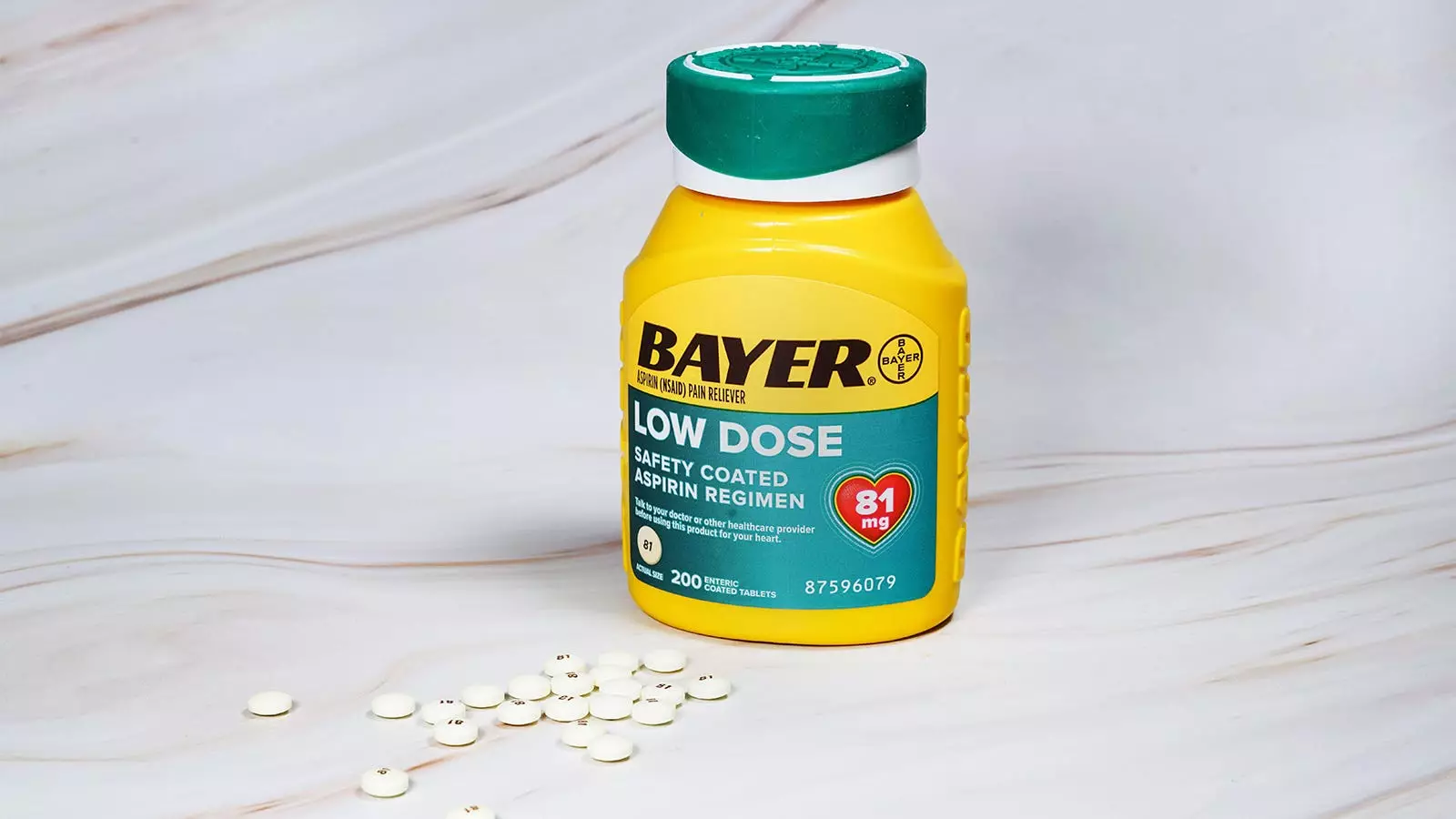In a recent study conducted by Mark Effron, MD, and colleagues, the effectiveness and safety of enteric-coated aspirin for the secondary prevention of atherosclerotic cardiovascular disease (ASCVD) were evaluated. The study aimed to determine whether the enteric coating had any impact on the incidence of myocardial infarction, stroke, all-cause death, and major bleeding events. By analyzing the data from the ADAPTABLE trial, the researchers found that enteric coating did not affect the clinical outcomes of ASCVD patients. However, it is important to critically evaluate the limitations and implications of this study.
No Difference in Clinical Outcomes
The ADAPTABLE trial, which was an open-label, multicenter trial, initially compared low- and high-dose aspirin in ASCVD patients. However, for this secondary analysis, Effron’s group focused on participants who self-reported the aspirin formulation they chose for the study. The results revealed that there was no significant difference in the combined incidence of myocardial infarction, stroke, or all-cause death between users of enteric-coated and uncoated aspirin. These findings suggest that the enteric coating did not enhance the effectiveness of aspirin in preventing ASCVD.
One of the primary reasons for using enteric-coated aspirin is to reduce gastrointestinal (GI) bleeding. While the study did not disprove this concept, it did not evaluate minor GI bleeding or other bleeding events. Therefore, the researchers’ conclusions must be interpreted with caution. Additionally, the study did not track whether participants adhered to their reported initial aspirin formulation or switched formulations during the trial. This lack of information limits the validity of the findings and raises concerns about the safety of enteric-coated aspirin.
Historically, enteric-coated aspirin has been recommended to minimize GI tract ulceration and bleeding. However, no study has conclusively demonstrated that enteric coating is safer than uncoated aspirin. Effron and colleagues acknowledged this limitation, emphasizing the need for further research to determine whether enteric-coated or newer formulations of aspirin can improve ischemic and bleeding outcomes in ASCVD patients. Without sufficient evidence supporting the superiority of enteric coating, clinicians must carefully consider the risks and benefits when prescribing aspirin to their patients.
A Matter of Choice and Confounding Factors
One significant limitation of the study is the participant’s self-selection of the aspirin formulation. This introduces the possibility of unknown confounders influencing their choice. Factors such as marketing strategies or brand preferences could have influenced participants’ decisions, impacting the validity of the study results. A well-known leading brand’s use of the term “safety coating” in their packaging emphasizes the potential for bias in the selection process. Therefore, the study should be regarded as observational rather than definitive evidence.
While the ADAPTABLE trial’s secondary analysis provides valuable insights into the effectiveness and safety of enteric-coated aspirin, it is crucial to interpret the results within the context of its limitations. The study found no difference in clinical outcomes or major bleeding events between enteric-coated and uncoated aspirin users. However, it failed to address minor GI bleeding and did not track participants’ adherence to their chosen formulation. Additionally, the study did not establish the superiority of enteric coating over uncoated aspirin. Therefore, more research is necessary to evaluate various formulations of aspirin and their impact on ischemic and bleeding outcomes in ASCVD patients.
As healthcare professionals continue to prescribe aspirin for secondary prevention of ASCVD, it is essential to base clinical decisions on comprehensive and unbiased evidence. Further investigation is warranted to determine the ideal formulation and dose of aspirin for individual patients. Until then, clinicians must consider the potential risks and benefits of enteric-coated aspirin while promoting an informed and personalized approach to cardiovascular disease prevention.


Leave a Reply